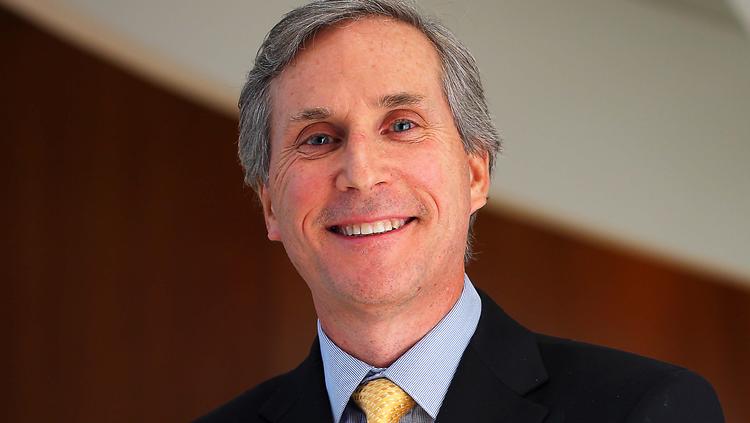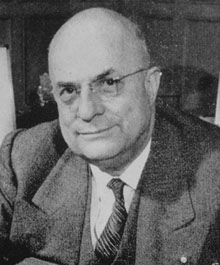Related Topics
Right Angle Club: 2015
The tenth year of this annal, the ninety-third for the club. Because its author spent much of the past year on health economics, a summary of this topic takes up a third of this volume. The 1980 book now sells on Amazon for three times its original price, so be warned.
Real Estate Mogul Urges Higher Real Estate Taxes

|
| Cheshire Cat Smile |
On Labor Day, 2015, the Philadelphia Inquirer featured a story on the masthead of it is Business Section, to the effect a real estate tycoon had addressed a press conference that commercial real estate taxes ought to be raised. That's arresting news, of course, since real estate agents would be expected to oppose higher real estate taxes, no matter what. The argument he advanced was that adding 70,000 new jobs would be possible by upping the tax on real estate, but the logic is not immediately obvious. It was related 14% of Philadelphia taxes come from real estate, whereas in New York it is 24%, in Baltimore it is 50%, and in Boston, it is 68%. It's quite striking this is true, and perhaps it should be adjusted. But how does this help the real estate industry, and why would a real estate agent be agitating to hurt his own business? Why doesn't he act like every other agent for an industry does, by smiling like a Cheshire cat and pretending the point hadn't been made? As they say in Wall Street, every broker "talks his own book."

|
| Gerard Sweeney |
The newspaper goes on to report Mr. Gerard Sweeney, the CEO of Brandywine Trust is part of a campaign to change the state constitution to permit different rates for commercial real estate and residential real estate, something apparently not permitted at present. It's not clear why Mr. Sweeney believes the commercial tax would be raised instead of lowered, politicians being what they are, in what politicians often refer to as a "betrayal". But even if the "fix is in", it isn't clear why raising commercial taxes would increase city employment by such a remarkable amount. The argument is offered that raising taxes offends people, and employment can more easily move away than buildings and land can. Conversely, lowering real estate taxes ought to attract businesses to locate here, thereby raising employment. That argument has some force when you are changing the historical relationships between neighboring cities, providing the historical difference has been large, and the new change is permanent. In fact, when a person whose short-term business effect would cost him money comes out in favor of a change, perhaps he really is making a credible point.

|
| Henry Kaiser |
As a matter of fact, he is making a much stronger point than he seems to be. The issue he raises is valid enough, but its real application is to health insurance. It traces back to Henry J. Kaiser in 1945, discovering profitable businesses could make money by giving away health insurance to their employees. The explanation of this paradox is rooted in two anomalies: (1) most employee business taxes are based on the size of their income. The City wage tax is roughly 4% of salary, for example. The New Jersey Income tax is 14% of income. And (2) the effective corporate income tax is double the size of the individual income tax. Now, look at what happens when an employer gives health insurance to an employee. The tax is the same, whether it is on wages or on health insurance. But after a few years, a fringe benefit is accepted as normal wage cost, so the wages in the pay packet fail to rise as fast as inflation. The consequence: pay packet plus insurance becomes the same total wage cost as a pay packet alone would be. But the employer does not pay the other taxes he would have paid on the total if it had not been reduced by the fringe benefits. Since health insurance premiums approach $10,000 annually, they are ordinarily the largest component of this tax avoidance. The employee might be $2000 better off, but because of the higher corporate tax rate, the employer is $4000 better off. For employers like Google who have 55,000 employees, the savings are great enough to consider moving the company, if another state offers a lower rate. And if someone protests most employers do not pay the top rate, this tax gimmick has a lot to do with it.
The tax structure needs to be adjusted, all right, but the City wage tax is the least of it. Corporate income taxes are too high, the corporations don't pay them, because of all the deductions they take. What's too high is the deductions.
Originally published: Monday, September 07, 2015; most-recently modified: Monday, June 03, 2019